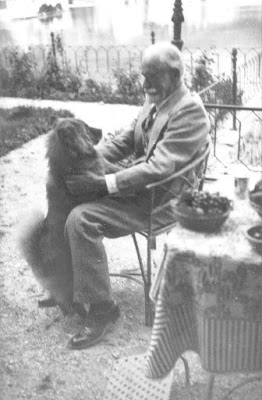R. D. Laing and A. Esterson
Sanity, Madness and the Family
40 Years On
40 Years On
Family 10: The Kings
Anthony Stadlen
conducts
Inner Circle Seminar No. 107
Sunday 3 December 2006
10 a.m. to 5 p.m.
conducts
Inner Circle Seminar No. 107
Sunday 3 December 2006
10 a.m. to 5 p.m.
‘We believe that the shift of point of view that these descriptions both embody and demand has an historical significance no less radical than the shift from a demonological to a clinical viewpoint three hundred years ago.’
Thus, in 1964, R. D. Laing and Aaron Esterson introduced their great phenomenological descriptions of eleven families of ‘schizophrenics’. They questioned the existence of ‘schizophrenia’. But, four decades on, the ‘clinical viewpoint’ still reigns supreme. Were Laing and Esterson wrong? Or is current work on families and ‘schizophrenia’ an existential retrogression?
Eleven seminars, studying each family in depth, offer an unprecedented opportunity to explore this question. There have been dramatic moments in the first nine seminars. You are welcome to attend one or both of the remaining two.
Anthony Stadlen, existential psychotherapist and convenor of the Inner Circle Seminars, was a colleague of Aaron Esterson for many years, and continues Esterson’s method of social phenomenology in his own research and practice.
Venue: Room F, Acland Building, Regent’s College, London NW1
Cost: Students £77, others £99, in advance; some bursaries
Apply to: Anthony Stadlen, ‘Oakleigh’, 2A Alexandra Avenue, London N22 7XE
Tel: +44 (0) 20 8888 6857 E-mail: stadlen@aol.com
Tel: +44 (0) 20 8888 6857 E-mail: stadlen@aol.com













